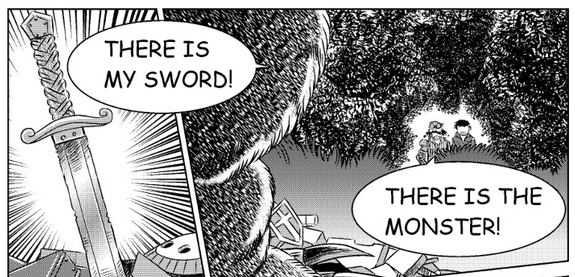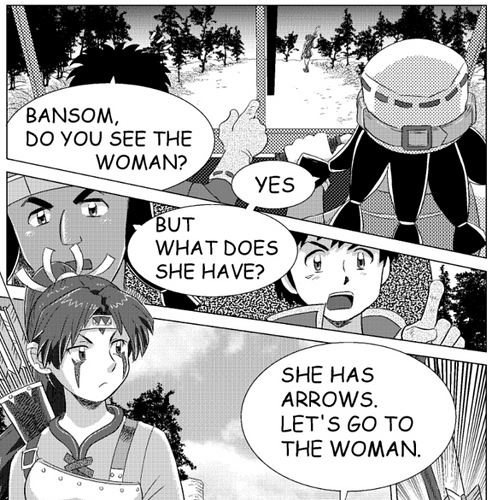Well, when I started reading I probably only knew about 60-70% of the words I saw ![]() I wrote about this in detail elsewhere but suffice it to say I made very rapid progress by skipping literally everything I didn’t understand – most of the time not even looking up words unless I was totally lost, all in pursuit of increasing the chances of encountering grammar or vocabulary that I had recently studied. I’m not going to pretend it’s for everyone, but it worked for me and I was certainly reading well above my level for the first few months. Fortunately mass exposure works by magic so it turned out alright in the end.
I wrote about this in detail elsewhere but suffice it to say I made very rapid progress by skipping literally everything I didn’t understand – most of the time not even looking up words unless I was totally lost, all in pursuit of increasing the chances of encountering grammar or vocabulary that I had recently studied. I’m not going to pretend it’s for everyone, but it worked for me and I was certainly reading well above my level for the first few months. Fortunately mass exposure works by magic so it turned out alright in the end.
Just not sure I can get on board with this one. A friend of mine has been on Duolingo for almost three years (ever since they first added Japanese support) and he’s still functionally illiterate. Why? Duolingo is fun; it’s got that whole gamification thing and my friend is consistently at the top of the daily leaderboard. Duolingo is also easy; the total vocabulary across the whole course is super limited and the quizzes are almost all multiple-choice. Somehow, this friend of mine is still functionally illiterate.
Obviously, it’s a silly comparison. Everyone (hopefully) knows that Duolingo for Japanese is bad. The Japanese-learning community I’m part of constantly has people coming in asking what the difference between りゅう and りゆう is, and nearly every time it’s because Duolingo doesn’t properly teach combination kana…and that’s just one easy example.
The point is that on the gradient of Easy/Fun vs Difficult/Boring, there’s a huge range of possibilities besides “make it as easy as possible”. Max difficulty+max boring? yeah people are probably going to drop out. That doesn’t mean that going all the way to the other end of the spectrum is the best answer.
Quick edit to add something I forgot earlier (regarding “native material by native speakers”):
It seems almost disingenuous to say “we have a native Japanese translator on the team” when the output has so evidently been altered in a way that no normal person would speak. It makes me think of books like “Fun with Dick and Jane”, which are full of phrases that, while grammatically valid (“Look”, said Dick “See it go. See it go up”) don’t in any way reflect actual language.
I’m not sure if I feel better or worse about the あれ・これ consolidation now that I know it was a conscious decision. Maybe better, because at least it demonstrates that it wasn’t done out of ignorance – you at least know the difference between the two. But maybe worse, because you willfully made a choice to contradict the information in the guide, which I feel like I personally would be even more confused by (“if あれ means ‘that over there’, then how far away is ‘over there’? is it for things that you aren’t holding directly in your hand?”)
I dunno. It’s very frustrating. I’ve probably spent more time than was prudent on this topic.



